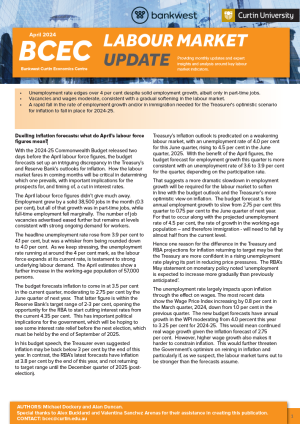Employment and the distribution of intra-household financial satisfaction
This study applies a methodology used by De Henau and Himmelweit (2013) to study resource allocation in Australian mixed-sex couple households. Using 18 waves of data from the Household, Income and Labour Dynamics in Australia survey and by means of fixed effects estimations, the study identifies how men’s and women’s contributions via paid and unpaid work influences their satisfaction with the financial situation (SWFS) within households. Employment status is used to proxy each partner’s contribution to household resources. The results reveal that paid contributions through full-time employment have a strong role in determining SWFS. This is a source of gender difference because Australian men are much more likely to be engaged in full-time employment than women. Most often, for both men and women, unpaid contributions to household resources (proxied by less than full-time employment) has a detrimental effect on their own SWFS, but smaller effects on their partner’s SWFS. These results imply that gender asymmetry in paid and unpaid contributions to household resources contributes to the reproduction of gender inequalities within Australian households. The results add external validity to the relevance of De Henau and Himmelweit’s (2013) analysis of these issues.




